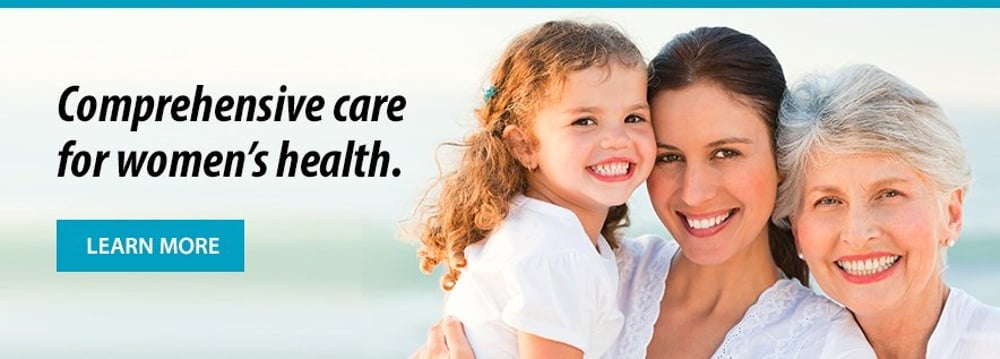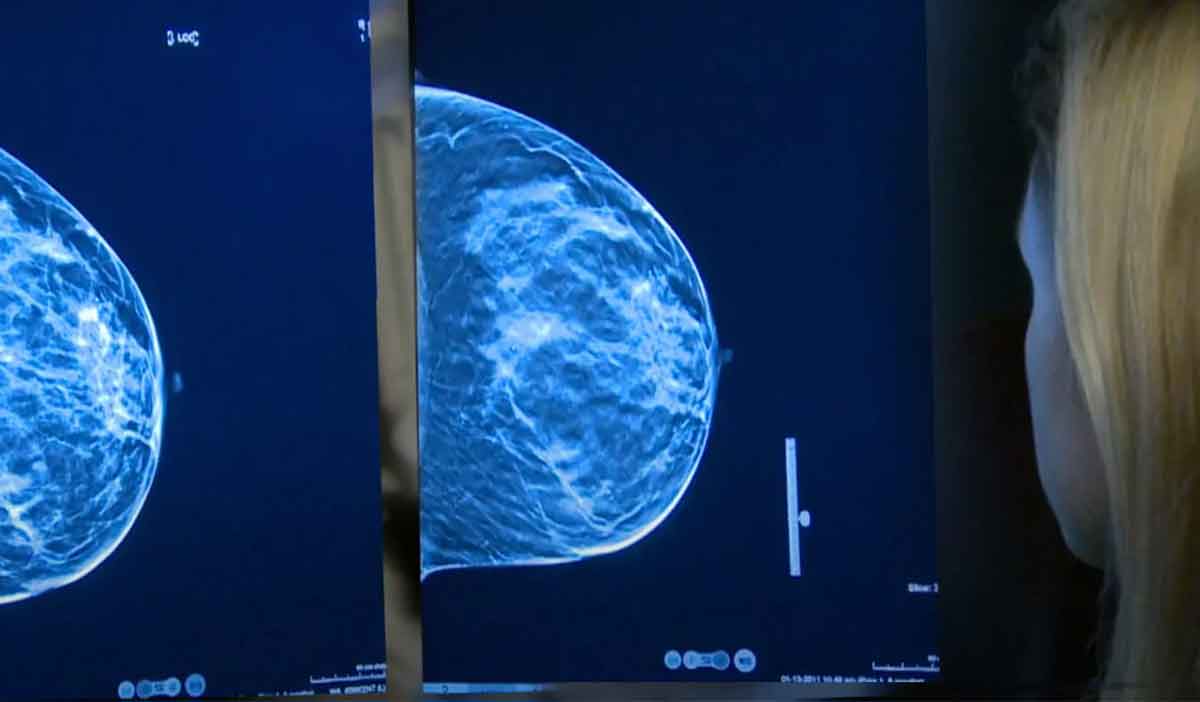Many people think that heart disease and high blood pressure are health problems that primarily affect men. It’s a common mistake and one that can unfortunately lead to women ignoring signs of health problems.
According to the American Heart Association, nearly half of all adults with high blood pressure are women. In fact, starting at age 65, women are more likely to have high blood pressure than men. High blood pressure is a serious condition and one that needs to be monitored and treated.
Let’s learn more about high blood pressure and how it relates to women of every age.

What is high blood pressure?
Blood pressure is determined by the amount of blood your heart pumps and the amount of resistance to blood flow in your arteries. High blood pressure means that the force of the blood against your artery walls is high enough that it may eventually cause health problems, such as heart disease. High blood pressure stresses the heart, lungs, brain, kidneys, and blood vessels. Over time, this condition can damage these organs and tissues. Blood pressure measurements are read as two numbers:
- Systolic pressure: higher number, normal reading is 120 millimeters of mercury (mmHg) or less
- Diastolic pressure: lower number, normal reading is 80 mmHg or less
High blood pressure is defined as systolic pressure greater than 140 mmHg and/or diastolic pressure greater than 90 mmHg. You are considered prehypertensive if your systolic blood pressure is between 120-139 mmHg, or your diastolic pressure is between 80- 89 mmHg.
One high blood pressure reading doesn’t necessarily indicate a high blood pressure problem. However, you should have your blood pressure monitored regularly at your annual exam and talk to your doctor about any concerns.
Impact of high blood pressure in young women
If you are pregnant or planning to get pregnant, you should have your blood pressure monitored. High blood pressure during pregnancy can harm a mother’s kidneys and other organs and cause low birth weight and other complications to the baby. High blood pressure is also a sign of preeclampsia which can cause serious organ damage. Even if you’ve never had high blood pressure, some women will still develop it during pregnancy. That’s why it’s important that your doctor monitor your blood pressure throughout your pregnancy.
You may have heard that birth control pills cause high blood pressure. This is true in some women and most likely to occur if you are already overweight or have a family history of high blood pressure. As with any medication, discuss your family history and its impact with your doctor before taking it.
As a young woman, you have time to make healthy lifestyle choices now that will help reduce your risk of developing high blood pressure as you age. Talk to your doctor about things you can do to prevent high blood pressure.

Impact of high blood pressure in older women
As a woman grows older and goes through menopause, her chances of having high blood pressure become greater than a man’s. Even if you’ve never had high blood pressure, your chances of developing it increase considerably after menopause. Recent studies (see Therapeutic Advances in Cardiovascular Disease) show that high blood pressure results in a higher rate of vascular disease in women than in men. Not only are women more likely to develop high blood pressure as they grow older, they are more likely to develop serious complications from it.
Some people think that high blood pressure happens to all people as they age. While it’s true that your numbers will change as you grow older, high blood pressure is never considered normal. The good news: blood pressure is one area of your health that can be dramatically impacted by lifestyle choices.

Lifestyle changes often keep blood pressure in check:
- Get regular exercise
- Limit salt and alcohol
- Eat a diet rich in fruits & vegetables
- Stop smoking
- Maintain a healthy weight
Making these changes helps your overall health as well. Some people may still need medication to control their blood pressure, but all people can benefit from a healthier lifestyle.
High blood pressure itself does not generally have symptoms and many women do not realize they have a problem. Left untreated, however, high blood pressure can cause serious damage to your brain, eyes, heart, kidneys and arteries. High blood pressure also increases your risk of heart attack, stroke, and kidney failure. It’s important that women be proactive about their health care and monitoring blood pressure is one step towards better health.





